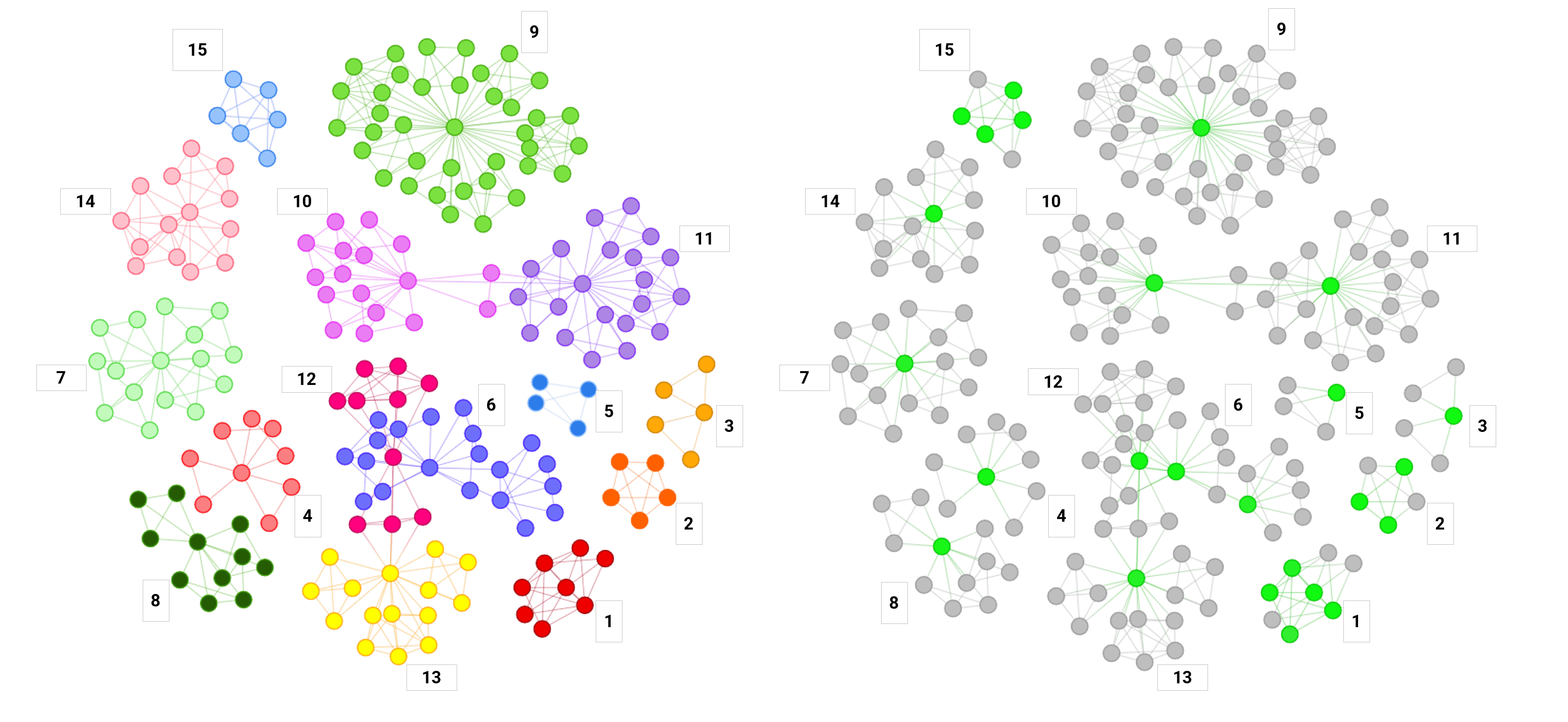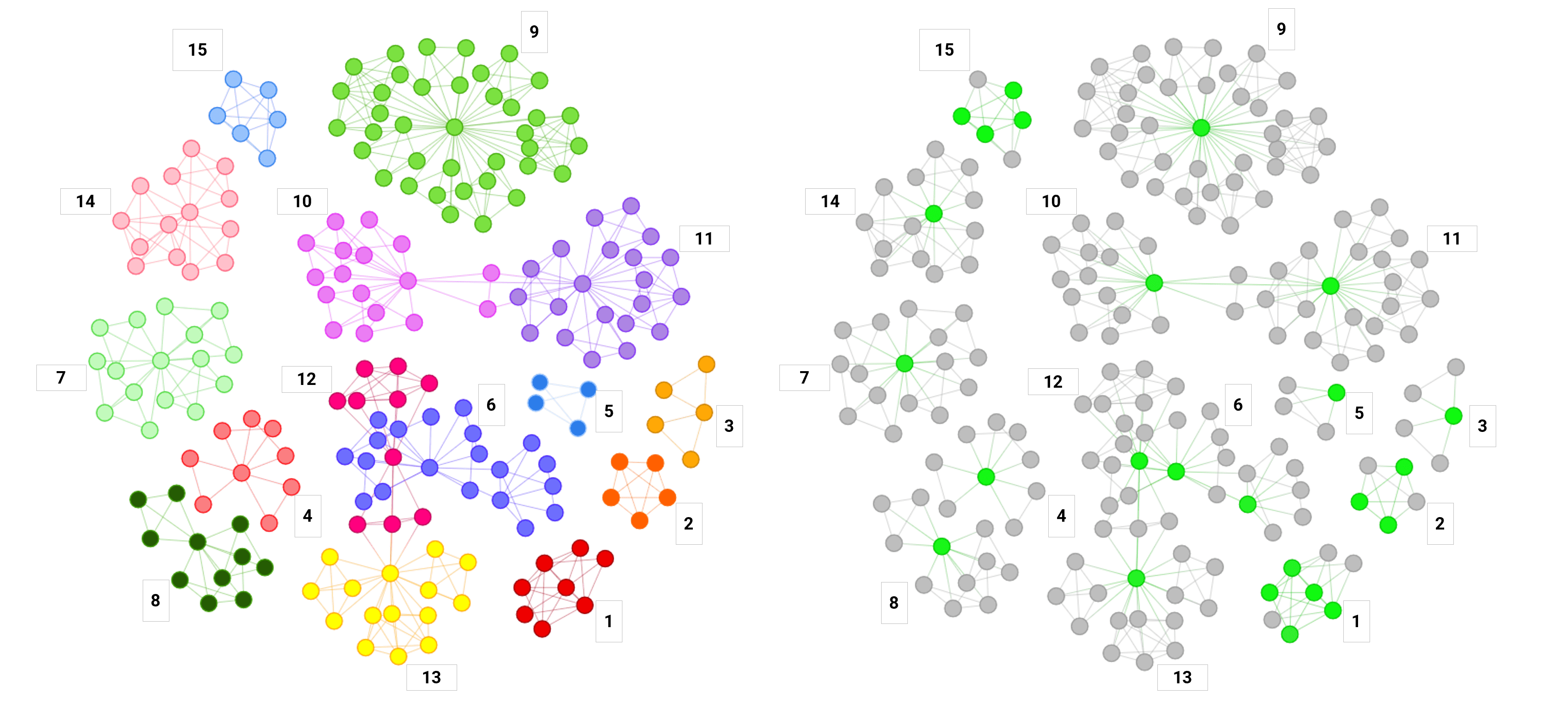PrecisionLife Reports 14 Genes Associated with ME/CFS at the ME Genetics Research Summit in Edinburgh
PRESS RELEASE
14 September, 2022, OXFORD, UK – PrecisionLife, a pioneering techbio company generating the deepest insights into disease biology to create novel precision medicines for chronic diseases, today unveiled the results of its study that provides the first detailed genetic insights into the pathophysiological mechanisms underpinning Myalgic Encephalomyelitis/Chronic Fatigue Syndrome (ME/CFS). This is the first time that replicable genetic findings have been reported in over 30 years of study into the disease, offering new approaches for better diagnosis and treatment of patients.
The results of the ME/CFS study are being presented today at the ME Genetics Research Summit organized by ME charity, Action for M.E. and the MRC Human Genetics Unit, University of Edinburgh. The data is now published in the Journal of Translational Medicine, here: Genetic Risk Factors for ME/CFS Identified using Combinatorial Analysis.
The use of a new hypothesis-free combinatorial analytics approach using the PrecisionLife™ platform enabled the study to identify 14 novel genetic associations with ME/CFS from the UK Biobank cohort. Specifically, the combinatorial analysis revealed 199 SNPs, mapping to these 14 genes, that were significantly associated with 91% of the cases in the ME/CFS population. Many of these genes are involved in highly plausible cellular mechanisms associated with ME/CFS disease including vulnerabilities to stress and infection, mitochondrial dysfunction, sleep disturbance and autoimmune development.
The study also identified similarities with genes that PrecisionLife has found to be associated with multiple sclerosis (MS) and long COVID.
ME/CFS is a debilitating chronic disease affecting around 17 million people worldwide, which presents with diverse symptoms including post-exertional malaise, chronic pain, and cognitive impairment. There are currently no approved disease modifying therapies for ME/CFS, and patients are managed via prescription of drugs and other therapies for symptomatic relief, including pain relief, anti-depressants, and cognitive behavioural therapy.
Sonya Chowdhury, Chief Executive, Action for M.E., said: “For too long, people with ME/CFS have struggled to get their condition diagnosed, understood, and acknowledged. These are exciting findings from PrecisionLife that may be used to develop diagnostic biomarkers and discover novel drug targets and precision repositioning opportunities in the future. If successful, these could be used to create the first therapeutic options for this debilitating disease.”
Dr Steve Gardner, CEO, PrecisionLife, added: “These groundbreaking results provide new hope of developing effective precision medicines for people living with ME/CFS around the world. It is further validation for our unique approach to the analysis of complex disease biology. PrecisionLife now has this unprecedented level of insight across over 40 diseases that we have so far studied, which creates wonderful opportunities for us and our partners to bring novel solutions for patients with unmet medical needs.”
MS and ME/CFS patients share a number of similar symptoms and there is increasing evidence that many long COVID patients also share similar symptoms. It is also believed that some patients may be developing ME/CFS symptoms as a direct result of having a COVID-19 infection.
PrecisionLife is in the process of analyzing long COVID-19 and MS populations to identify shared genes and biological mechanisms underpinning ME/CFS, MS and long COVID-19 development. Establishing the similarities and differences between them in more detail is likely to have profound implications for patients and the development of novel diagnostic and therapeutic tools.
Preliminary findings from the PrecisionLife long COVID analysis have indicated that three of the genes identified its ME/CFS study are also significant in the long COVID patient group. These will be subject of further validation in a new publication later this year.
Next, PrecisionLife aims to replicate and extend the results of this UK Biobank study with combinatorial analysis of the DecodeME study, the largest genetic ME/CFS study, with over 20,000 participants. This is likely to allow further insights into the different subgroups and targets involved with the disease.

Read the study in full
Genetic Risk Factors for ME/CFS Identified using Combinatorial Analysis.
Das, S., Taylor, K., Kozubek, J. et al. Genetic risk factors for ME/CFS identified using combinatorial analysis. J Transl Med 20, 598 (2022). https://doi.org/10.1186/s12967-022-03815-8
Name Surname, Position, Company



